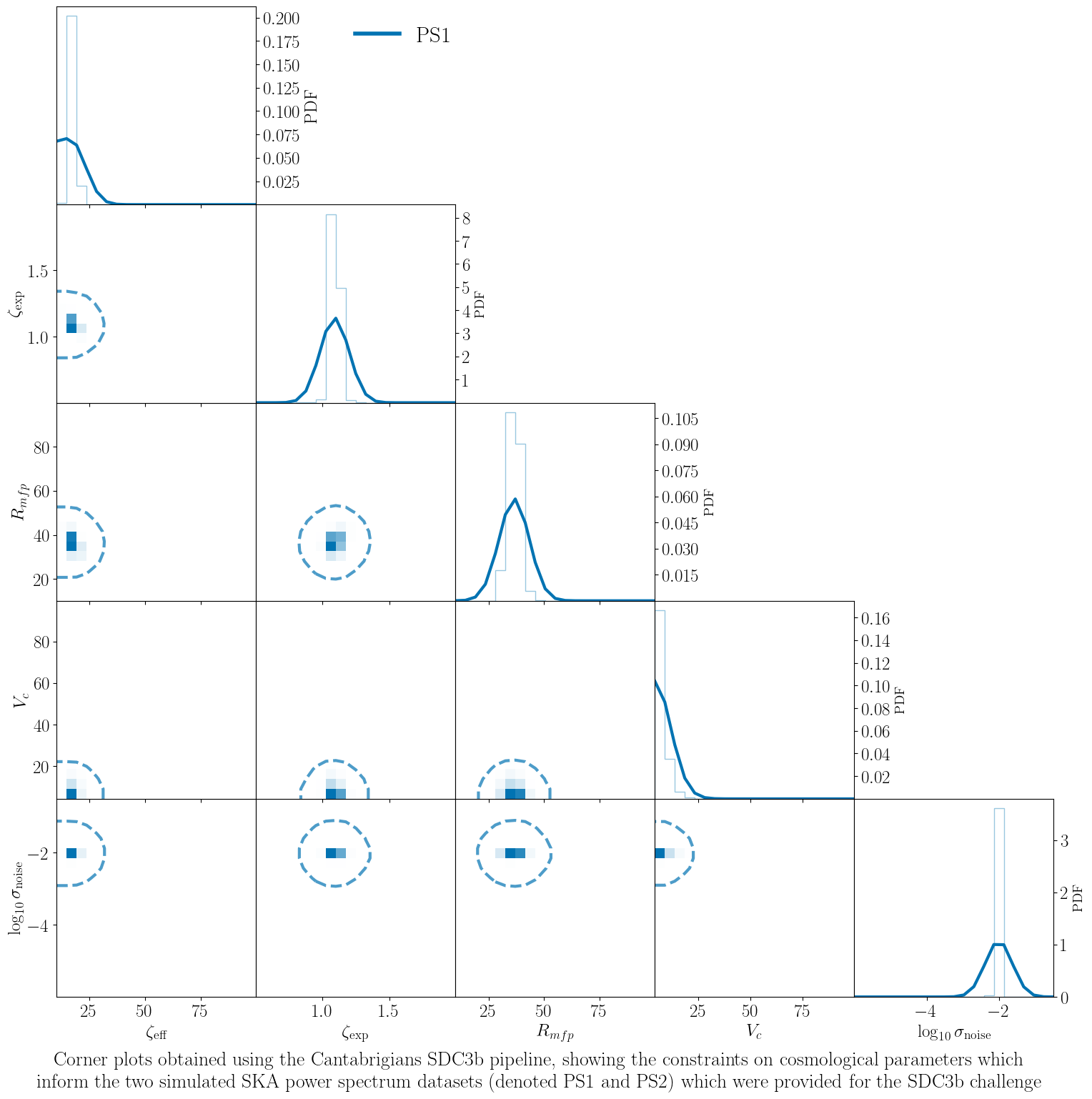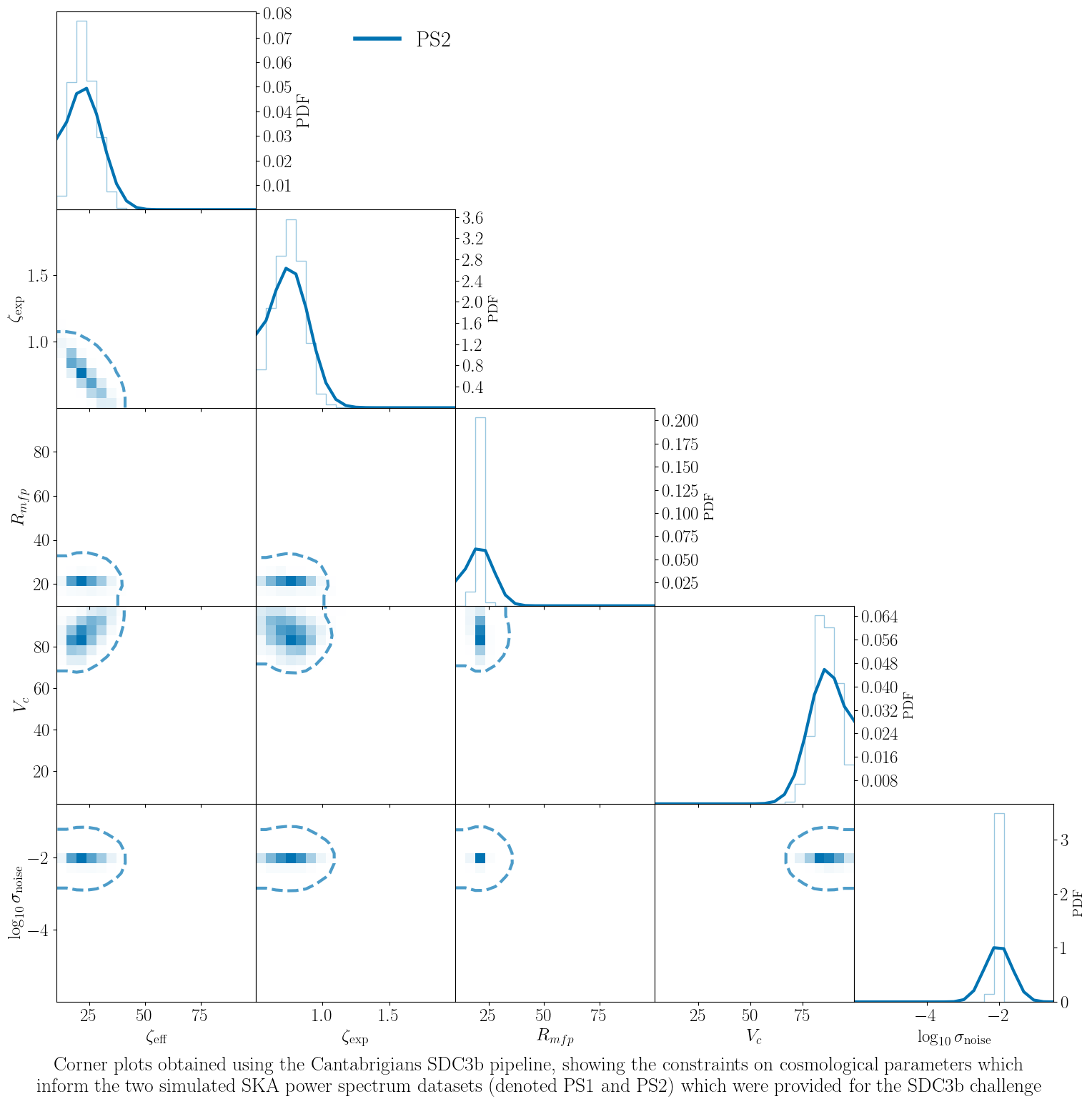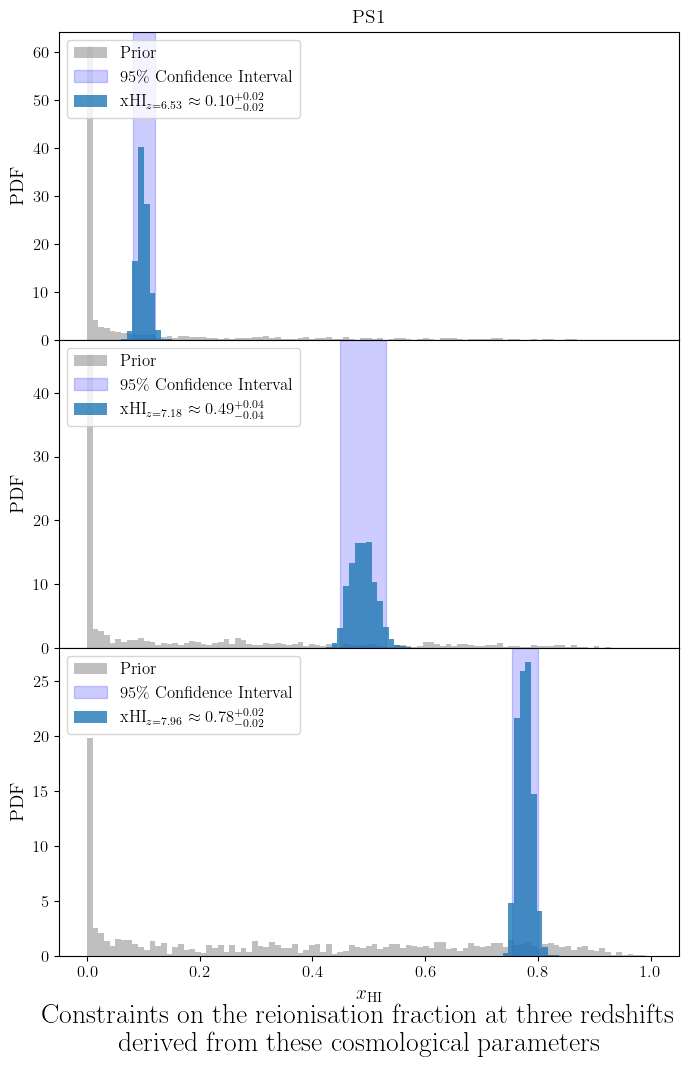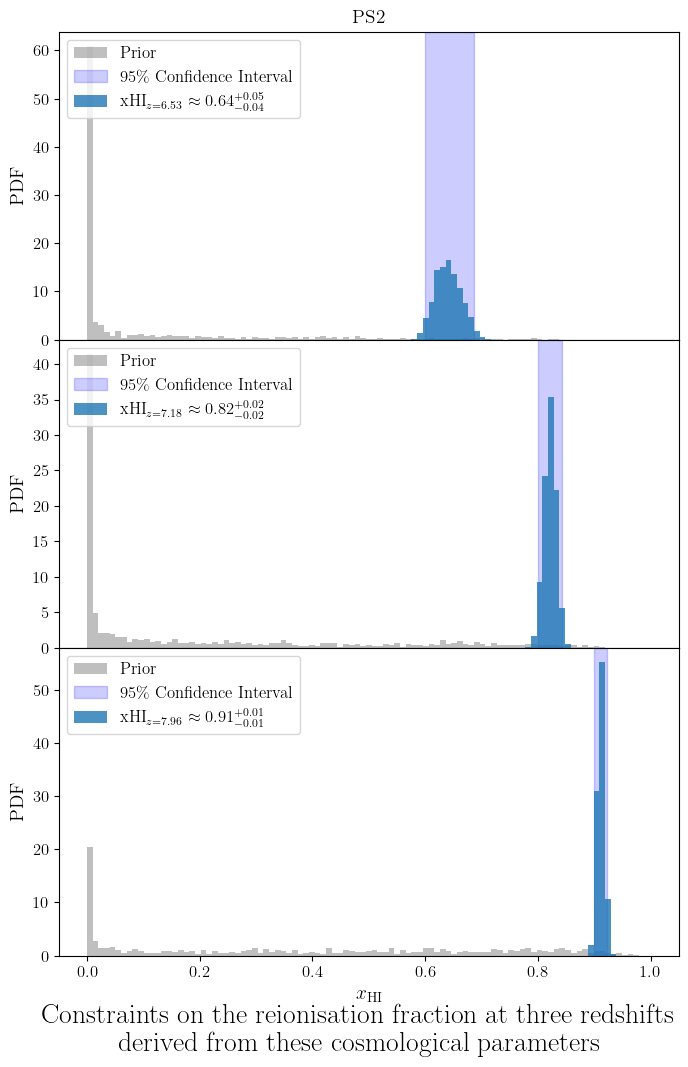ukSRC Team Members Win SKA Data Challenge 3b – Inference
This challenge focused on inferring the reionization properties of the Universe from power spectra of the hydrogen-21cm signal during the Epoch of Reionization, across various redshift ranges. It builds on the earlier SKA Data Challenge 3a and is a key step in preparing the global community to tackle fundamental astrophysical questions using the SKA-Low telescope.
Charlie Walker (ukSRC, Cambridge), a member of the top-scoring team, shared:
I had the fantastic opportunity to join the Cantabrigians team after joining the ukSRC, and it has been a real pleasure working with and learning from such a talented, knowledgeable and hardworking group of people. It has been an interesting challenge to explore how to best analyse synthetic datasets that emulate the SKA telescope’s capabilities. The approaches we have developed will inform our preparations for harnessing SKA data in the future. Well done to everybody and thank you to the ukSRC for the support and resources you provided, without which we couldn’t have achieved this fantastic result.
While the challenge rankings are inherently metric-dependent and shaped by modelling assumptions, their top-scoring approaches nonetheless demonstrate a robust methodology that they look forward to translating into real-world SKAO-Low observations once the telescope is operational. It’s especially remarkable that the team employed a completely different simulation software for their predictive modelling than the one used to generate the synthetic SKAO datasets.
Full results: https://sdc3.skao.int/challenges/inference/results
A huge well done to our team at Cambridge team for this outstanding achievement and for pushing the boundaries of data-driven cosmology!

Figure 1

Figure 2

Figure 3

Figure 4